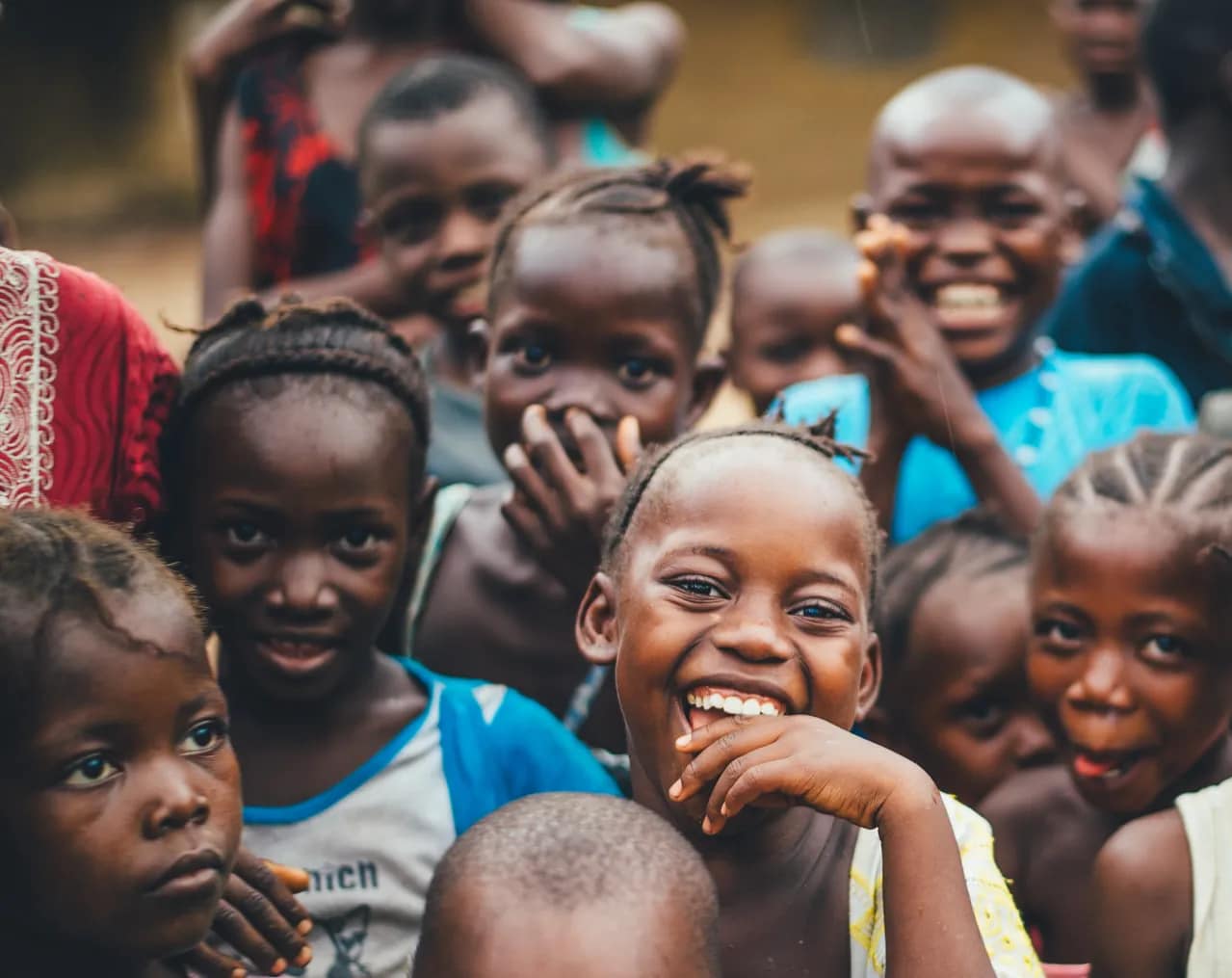Mobilizing Zambia’s leaders, innovators, and change agents to catalyze a more resilient food system.
InnoVuntu represents the unity of two goals–innovation and ubuntu, a Zulu word embodying the concept that a person is a person only through other people and that community is a primary building block of a humane society.
Who we are….
Zambian and international changemakers working together to identify and refine solutions, form new partnerships, catalyze new investments, and create a new impact to address the multiple, amplifying crises facing Zambia and neighboring nations.
Collaborating for change is at our core, as represented in our name – a combination of innovation and ubuntu, a Zulu word embodying the concept that community is a primary building block of a humane society…
Our Purpose…
Activate a network of leaders and change-makers to design and build systems-based innovations to complex, intersectional problems like food insecurity, climate, poverty, and inequality. Our proposed Resilient Food System pilot program focuses on bringing Zambians from diverse fields together to build resilient food systems that support healthy people, healthy communities, healthy economies, and healthy ecosystems.

The Challenge…
There are many experts working on the extreme challenges that have put the wellbeing, not to mention the lives, of so many Zambians at risk. Yet they are working in silos—and sometimes, unwittingly, at cross purposes. They need a platform through which to collaborate on solutions and a supporting framework to keep the resulting network alive and productive. InnoVuntu is building that platform and support system.
Why Zambia and Why Food Security?
The people of Zambia, like those in other sub-Saharan African countries, are facing a perfect storm created by the confluence of the climate crisis, inequality, and economic hardship.
A dire consequence of this meta-crisis is a dangerous escalation of food insecurity.
More than half of Zambians are malnourished, and about 13 percent face acute food insecurity.
The 1.5 million smallholder farmers that supply most of the food for Zambia’s 18 million people struggle with severe drought and other climate-related impacts.
Eighty percent of them are women, most of whom have limited access to land, other resources, and even information about how to cope with the rapidly changing conditions.
Our Programs…
Our 18-month pilot program is designed to help Zambian stakeholders/change-makers generate a more resilient food system. Along with systematic training on leadership and systems tools, InnoVuntu will convene stakeholders in the food, agriculture, climate, poverty, gender empowerment, and inequality to:
Outcomes…
Systems change must be:
The Opportunity…
There is widespread awareness that the decade ahead is a make-or-break one. Zambian leaders from the public, private, and NGO sectors are right now making strategic decisions about the type of agricultural, economic, and technical progress required to navigate it successfully and set the nation on a resilient future course. New national leadership has formed ministries to green the economy, protect the environment, and develop small and medium enterprises. Zambians are developing key climate legislation. A new, National Adaptation Plan is under development, which will sit alongside a draft Climate Change Bill, and Zambia’s Eighth National Development Plan1. While there are many leaders at work on these issues, these are intersectional problems that require an intersectional approach—one that recognizes that food security, economic challenges, youth unemployment, and lack of access to education, especially for women and girls, must be addressed together to create deep and lasting change.
[1] The policy document is the Draft Climate Change Bill, which is yet to be passed by Parliament before becoming law. The second is the Eight National Development Plan and the third is the National Adaptation Plan. The 8NDP is operational while the NAP is yet to begin the drafting stage.
Powered By…
InnoVuntu is powered by a partnership between two nonprofits, ALT Foundation and the Global Knowledge Initiative.

ALT spearheads leadership training to create an Africa that works for everyone, working in collaboration with African universities and like-minded organizations in target countries.

GKI activates collaborative networks to build more resilient systems. Its programs foster the environment, the mindset, and the experiences necessary to enable stakeholders to gain clarity of purpose, relationships, and momentum needed to transform systems.
Our History…
InnoVuntu was birthed at an Oct 2020 recent Zambia Climate Leadership Transformation Summit (ZCLT), organized by the African Leadership Transformation Foundation and the University of Zambia in October 2020. This summit engaged forty-eight selected delegates in substantive conversations on climate leadership across various sectors within Zambia, especially regarding the state of leadership, the inclusion of women and youth in tackling climate change, and the need for stakeholders to be connected in a process that will produce tangible, transformative results.